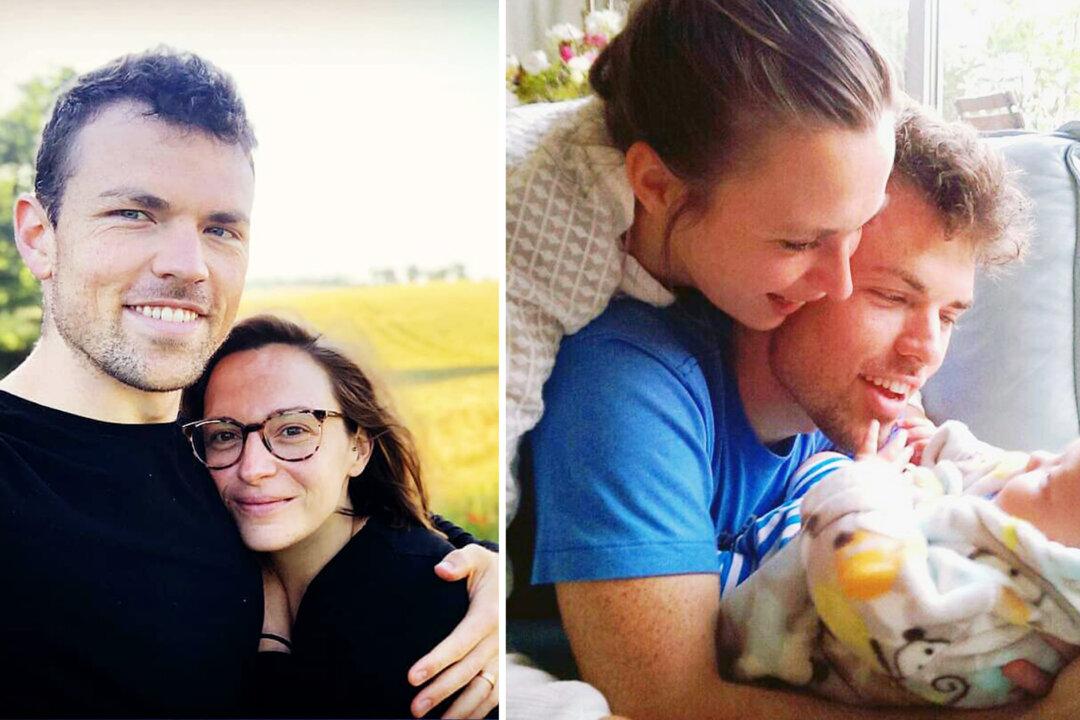“Be the kind of man that improves the reputation of men.” This is advice from Ted Gonder, 32, husband and father, who is doing his best to live by his own counsel as he supports his wife and three kids.
Three years ago, Gonder—who’s the co-founder of Moneythink and has been named on the Forbes 30 under 30 list—posted a potent letter to himself on social media, resulting in a shower of public attention. The letter that he wrote as a 29-year-old father, addressed to himself at the childless age of 24, quickly went viral. Since then, his post has been translated into over 100 languages, reposted in thousands of publications, and has received over 100,000 likes and shares.





